As the pandemic evolves, employers have found themselves drafting and implementing policies and procedures to address a wide array of workplace issues, including remote work, layoffs, furloughs, pay cuts and more. Not surprisingly, the uncertainty wrought by COVID-19 has left employers at an increased risk of exposure to the following employment-related claims:
- Workplace health and safety—Claims typically allege that an employer failed to take measures to reduce COVID-19 exposure and spread within the workplace.
- Leave claims—In addition to traditional leave laws, the new Families First Coronavirus Response Act requires employers with 500 or fewer employees to provide expanded paid family and medical leave, and emergency paid sick leave.
- Wage and hour claims—Claims may arise from misclassifying employees who are asked to work from home or as a result of employers restructuring their workforce (including salaries) to fit their current needs. Such classification issues can lead to a claim under the Fair Labor Standards Act.
- Discrimination claims—Numerous state and federal laws protect employees from discrimination based on a protected class.
- Retaliation claims—It is unlawful for employers to retaliate against employees who exercise their protected legal rights or oppose unlawful employer actions.
- Wrongful termination claims—These claims arise out of a termination the employee believes to have occurred in violation of any number of laws.
- Disclosure of confidential information claims—The ADA requires that an employee’s medical information be stored separately from the employee’s personnel file.
It is imperative that employers are aware of these potential issues and proceed accordingly.
For example:
- Develop a return-to-work plan that contemplates federal and local safety guidance.
- Consult with legal counsel when implementing (or updating) policies and procedures. Ensure counsel is also present when undergoing recalls, rehires and job offers.
- Ensure that those policies and procedures are implemented in a fair and equal manner.
- Ensure proper communication to all employees.
- Maintain the confidentiality of employee medical information.
- Train managers and supervisors on new policies and procedures.
- Regularly monitor new federal, state and local guidance, as well as legislative enactments.
Speak with Dansig for more risk management guidance.

